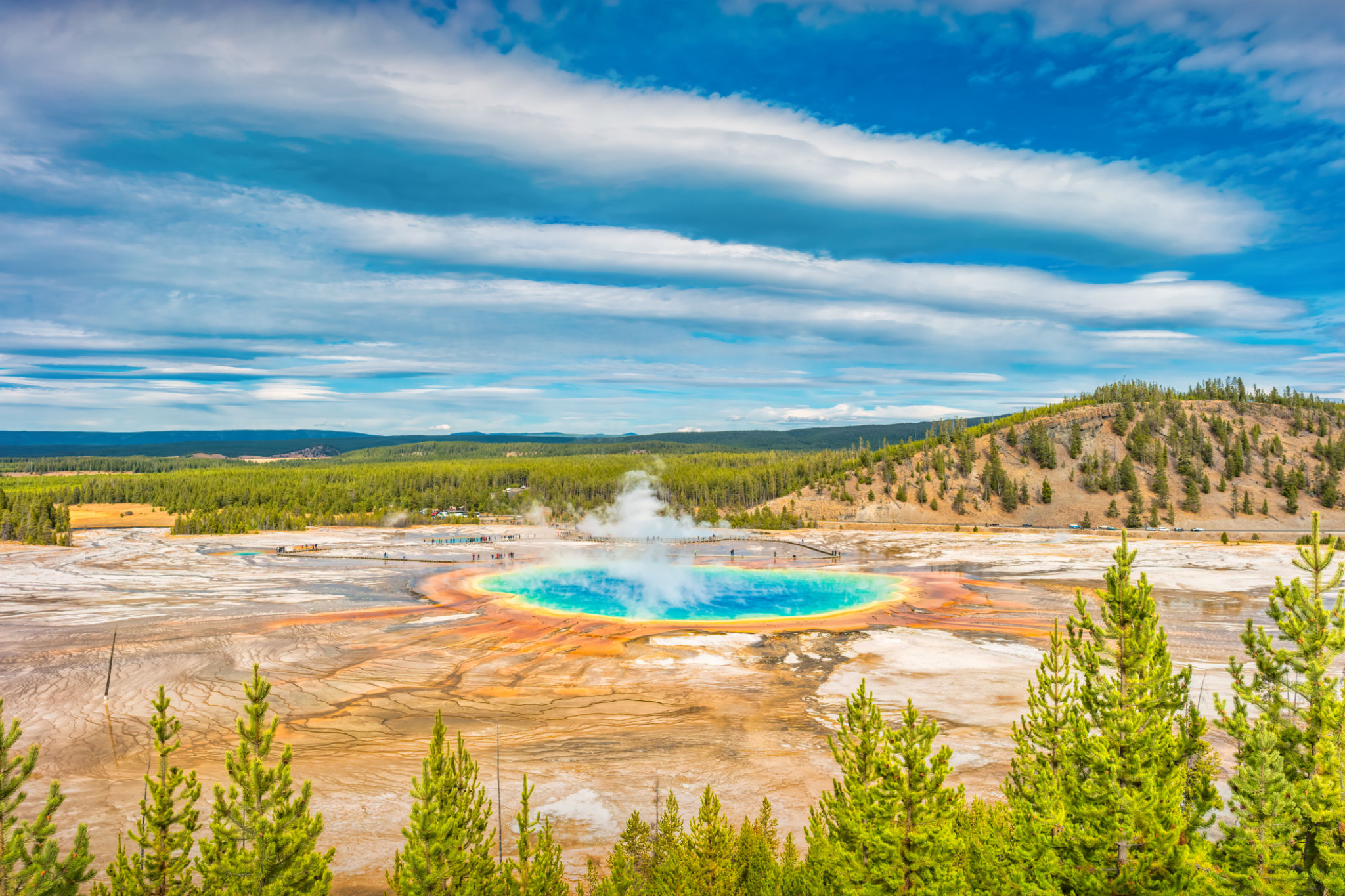The Impact of Wyoming's Economic Climate on Business Credit
Understanding Wyoming's Economic Landscape
Wyoming, known for its wide-open spaces and cowboy culture, has a unique economic climate that impacts businesses in various ways. The state's economy is primarily driven by industries such as mining, agriculture, and tourism. Its relatively low population density and lack of a state income tax make it an attractive location for businesses seeking a favorable tax environment. However, these advantages come with their own set of challenges that influence business credit.

The Role of Natural Resources
Wyoming's economy is heavily reliant on natural resources, particularly coal, oil, and natural gas. This dependence can make the state's economy susceptible to fluctuations in global commodity prices. When prices are high, businesses within these sectors thrive, leading to better business credit conditions. Conversely, downturns can result in tighter credit due to reduced cash flow and increased risk.
For businesses in other industries, the impact of this volatility can be indirect but significant. During economic downturns in the resource sector, overall consumer spending may decrease, affecting retail, service industries, and consequently their access to business credit. Lenders may become more cautious, tightening credit conditions to mitigate risk.
The Influence of Tax Policies
Wyoming's tax policies are among the most business-friendly in the United States. The absence of a corporate income tax and low property taxes can lead to significant cost savings for businesses operating in the state. This favorable tax environment can enhance a company's profitability and cash flow, positively impacting its creditworthiness.

However, it's important for businesses to understand that while tax savings improve the balance sheet, they do not automatically guarantee easier access to credit. Lenders will still assess the overall financial health and stability of the business before extending credit. Thus, maintaining strong financial records and demonstrating steady revenue streams remain crucial.
Tourism's Impact on Business Credit
The tourism industry is another critical component of Wyoming's economy. Attractions like Yellowstone National Park draw millions of visitors annually, creating opportunities for businesses in hospitality, retail, and transportation. During peak tourist seasons, these businesses often experience increased revenue, improving their credit profiles.
However, tourism is highly seasonal and can be affected by factors such as weather conditions and economic downturns elsewhere. Businesses reliant on tourism need to manage cash flow carefully to maintain good credit standing during off-peak times. Effective planning and diversification strategies can help mitigate these challenges.

Adapting to Economic Changes
Both established businesses and startups in Wyoming must stay attuned to the broader economic trends affecting the state. The ability to adapt quickly to changes in the economic landscape is essential for maintaining access to business credit. This might involve diversifying product lines or exploring alternative markets to reduce reliance on a single revenue stream.
Additionally, building strong relationships with lenders and financial institutions can provide businesses with more flexible financing options during economic fluctuations. A transparent line of communication with creditors can enhance trust and lead to better credit terms even in uncertain times.
Conclusion
The economic climate in Wyoming presents both opportunities and challenges for businesses seeking credit. While favorable tax policies and natural resource wealth offer advantages, they also bring volatility that can affect credit availability. By understanding these dynamics and implementing effective financial strategies, businesses can position themselves for success in this unique economic environment.
